At some point at the beginning of this year, 17 students from Merida, Mexico made a decision that would change their lives. Out of hundreds of students from three different universities, it was them that took the opportunity to participate in the Engineering Learning Community Introduction to Research (ELCIR) program, which Texas A&M University has been carrying out in partnership with Yucatan’s System for Research, Innovation and Technological Development (SIIDETEY) as part of the Yucatan Initiative since 2015.
For two weeks in May, these 17 students, along with 44 students from TAMU’s Colleges of Engineering and Geosciences, had classes (and fun) together after a full day of hands-on internships at different research centers in the city of Merida, in southeast Mexico; then they stayed in touch, working together virtually to come up with research proposals based on their experience both in labs and the field.
August marks the beginning of the final stage: now the students from Universidad Politécnica de Yucatán, Instituto Tecnológico del Petróleo y la Energía and Universidad Marista are in Texas to participate in several learning activities and explore TAMU’s College Station campus, ending with a final presentation of their research posters along their TAMU counterparts.
On August 25, their first day in Texas, the students visited NASA Space Center in Houston, where they toured Astronaut Training Facilities, Mission Control and more, to get a glimpse of the many great accomplishments of engineering to date.
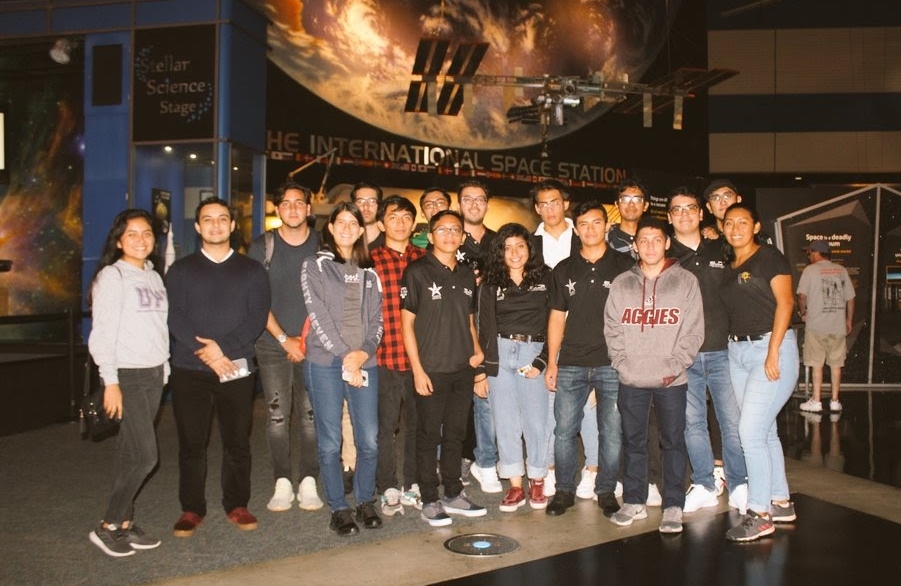
The very next day, their one-week immersion at TAMU started. Students were welcomed by TAMU Engineering and Geosciences faculty and program coordinators, and then took a tour of the Zachry building and the Texas A&M Engineering Extension Service center, including the Brayton Fire Field and Disaster City. To end a day full of excitement, they enjoyed a traditionally Aggie dinner at the Chicken Oil in College Station.
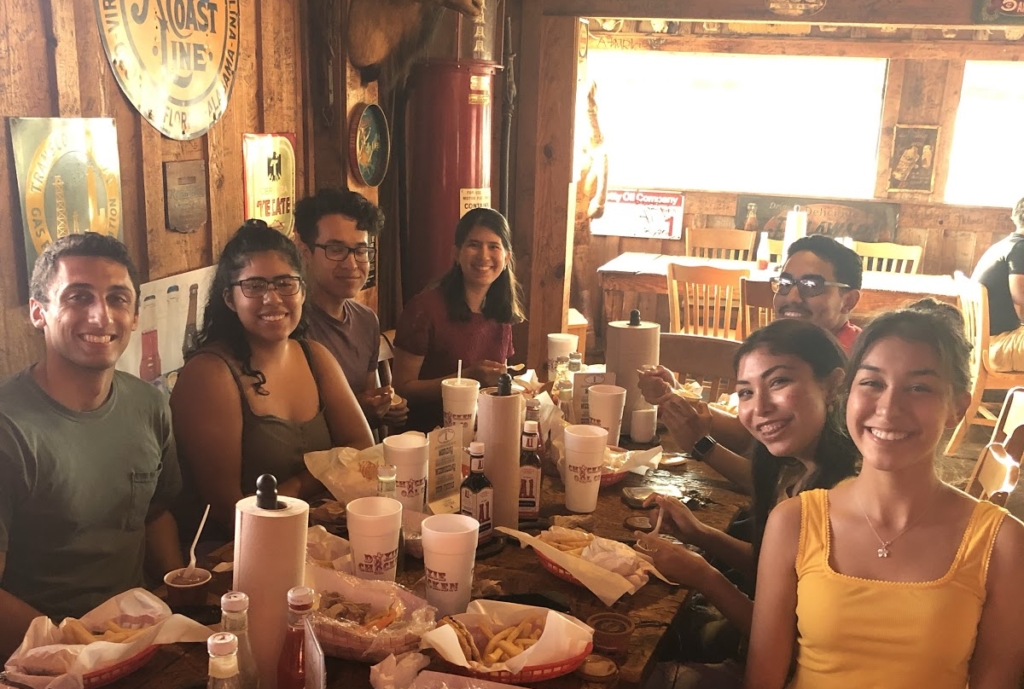
Their once-in-a-lifetime experience then continued with a visit to the International Ocean Discovery Program, the Geochemical & Environmental Research Group, the International Laboratory for High-Resolution Earth System Prediction, the Stable Isotope Geosciences Facility and the The R. Ken Williams ’45 Radiogenic Isotope Geosciences Facility.
At the International Ocean Discovery Program facilities at TAMU, the students’ tour focused on the Cretaceous–Tertiary (K-T) boundary research specimens. Later, at the Center for Geospatial Science, Applications and Technology, Director Dr. Michael Bishop engaged ELCIR participants in an interesting talk about the use of drones for geospatial research, remote sensors, hyperspectral data, precision agriculture, and geographic information systems.
Another highlight of their trip was their visit to the Texas A&M Transportation Institute and its Control and Mechatronics facilities, including the Center for Infrastructure Renewal’s 12 labs, focused on the development of transformative infrastructure solutions, innovating new materials, technologies and processes to create solutions that last longer, have lower costs and can be built in less time. The CIR is operated by TTI and Texas A&M Engineering Experiment Station (TEES).

Later, participants received an Elevator Pitch training from TAMU’s Engineering Entrepreneurship Department, and then met with faculty members to discuss their graduate school options, as well as find out more about TAMU programs.
The students also enjoyed a tour of the campus, where they learned about the history of TAMU and Aggie traditions, and a visit the George H.W. Bush Presidential Library and Museum.

These experiences will no doubt leave a mark in students’ hearts and minds, but there’s no question that perhaps one of the most memorable must have happened at Kyle Field. ELCIR participants were treated to the decades-old tradition of the Midnight Yell, where over 25,000 people gather to “practice” their cheers for next day’s big game. And what a game it was! Our distinguished guests got to witness the Texas A&M Aggies’ victory over the Texas State Bobcats, 41-7.

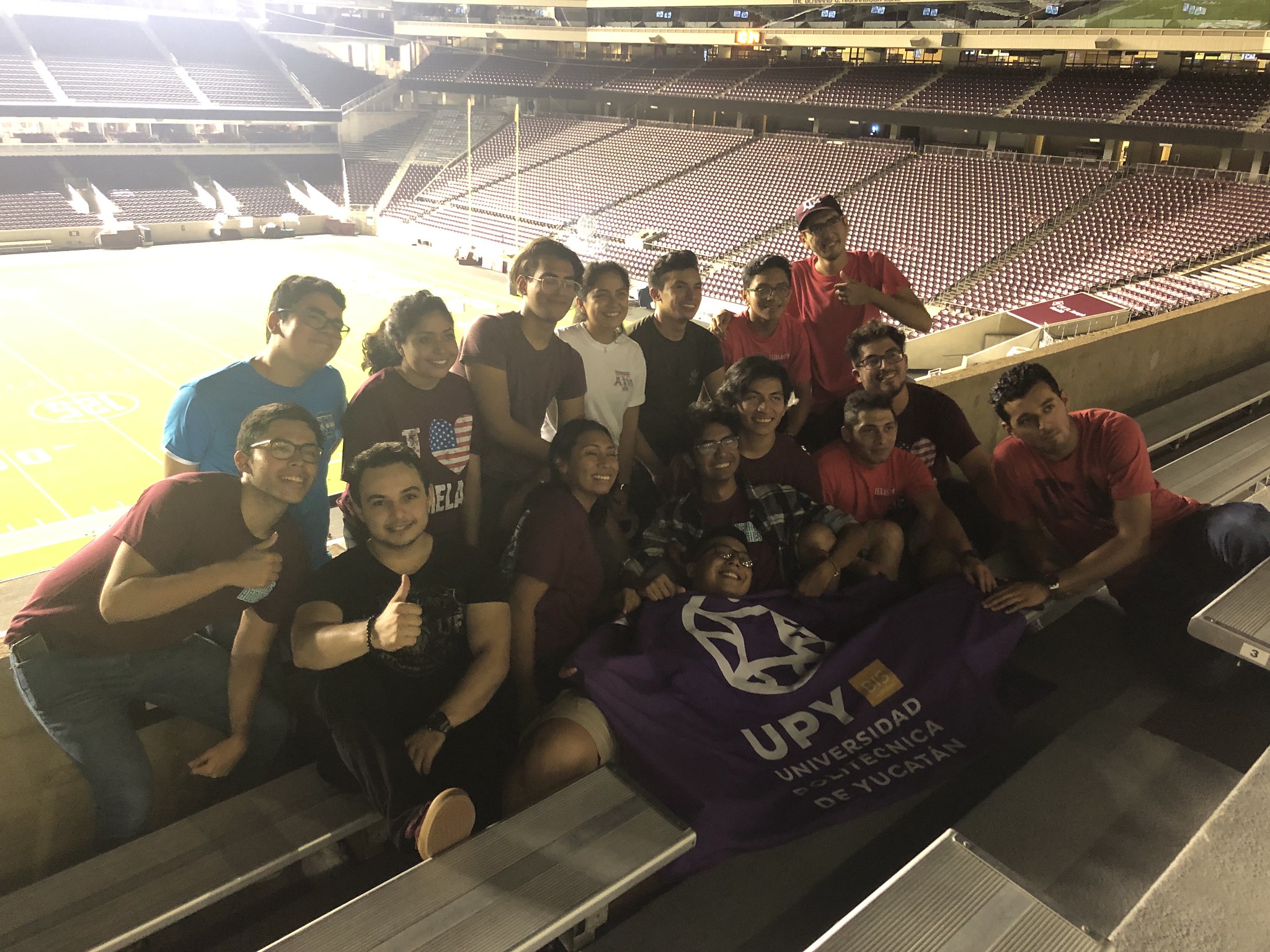
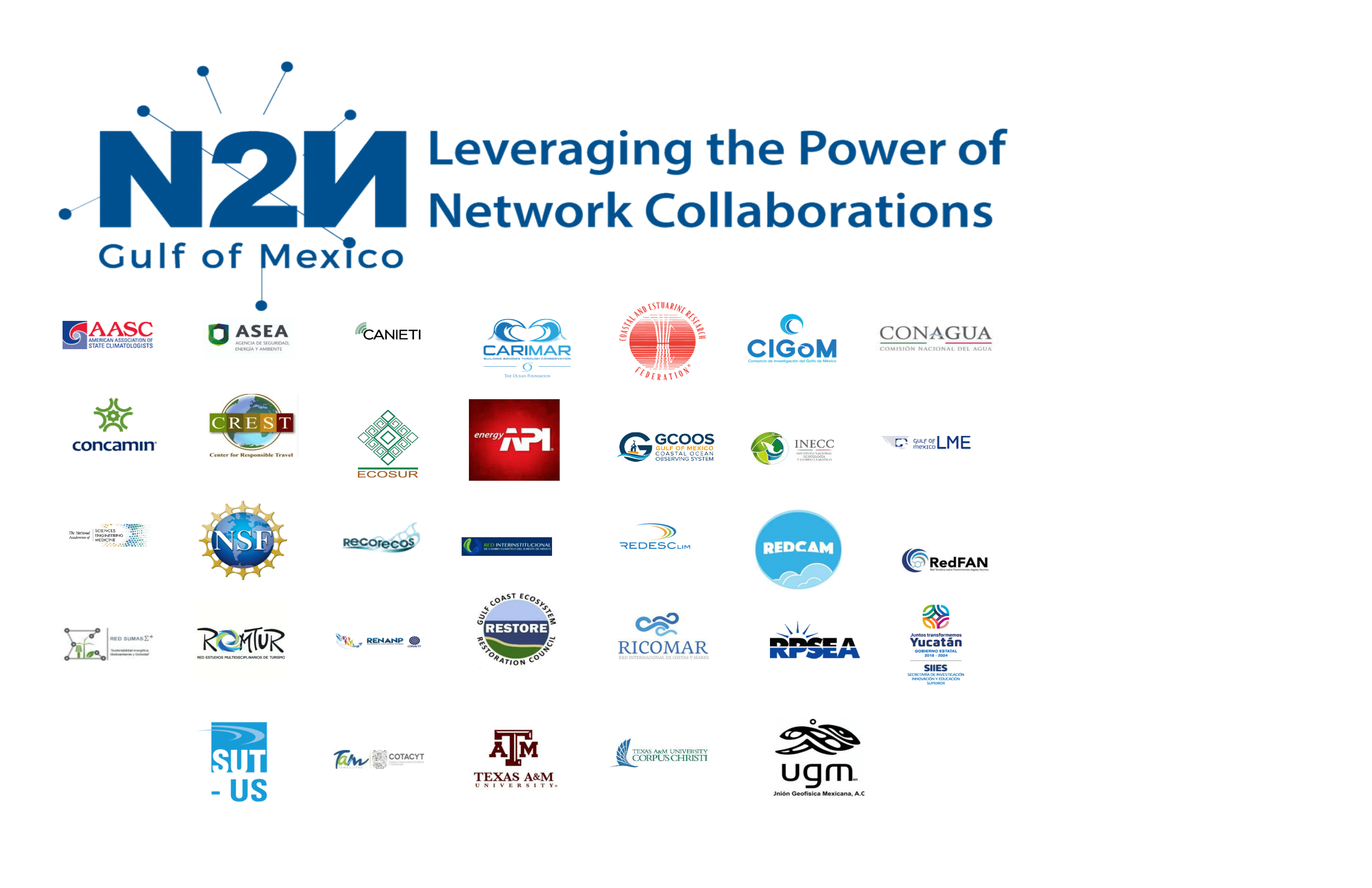
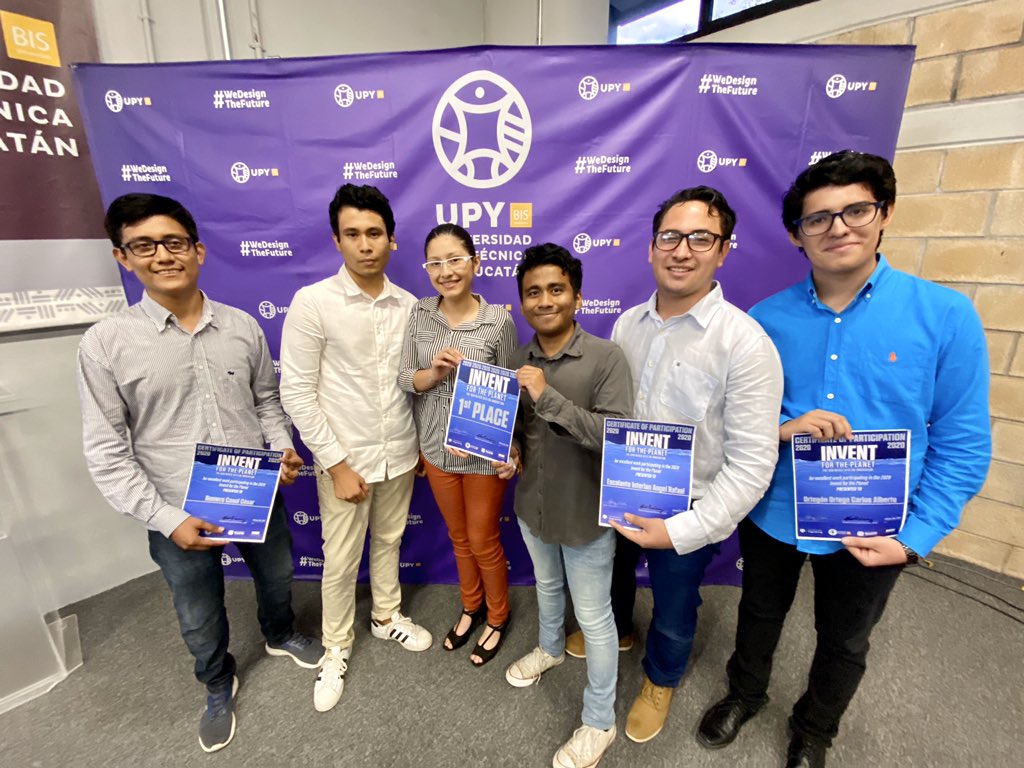
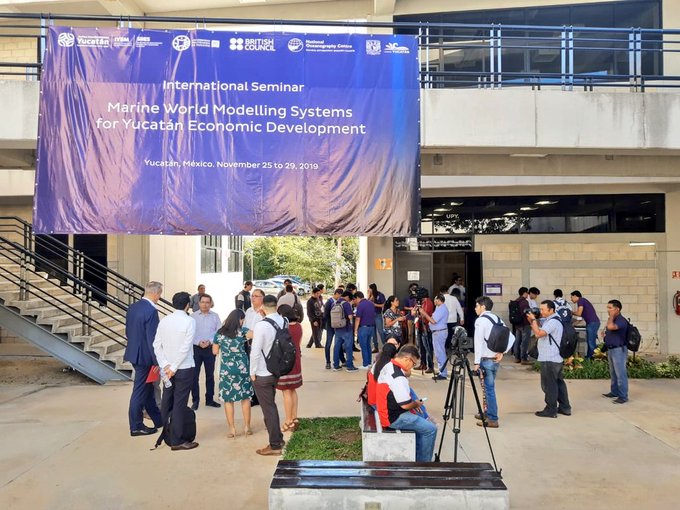
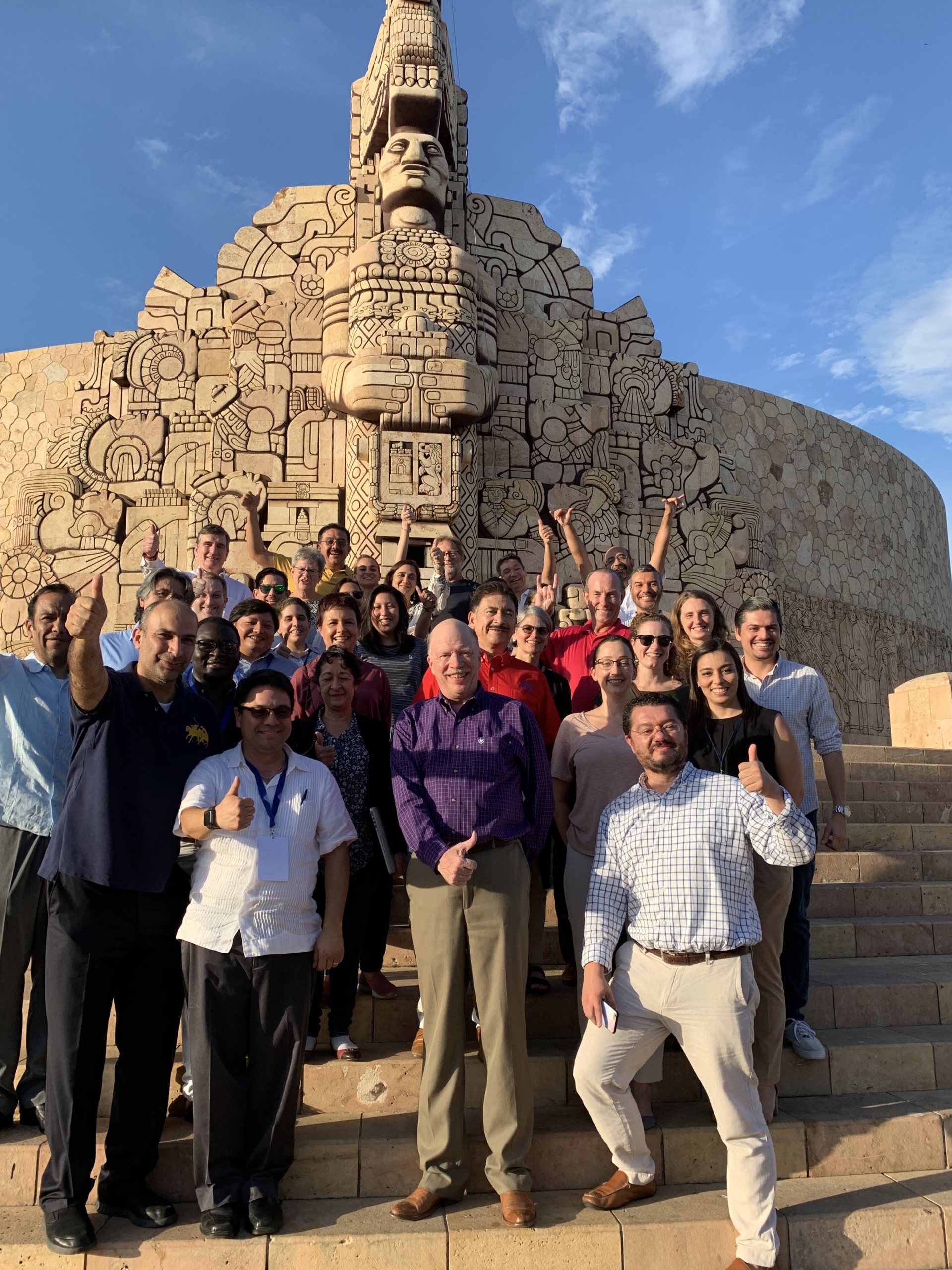
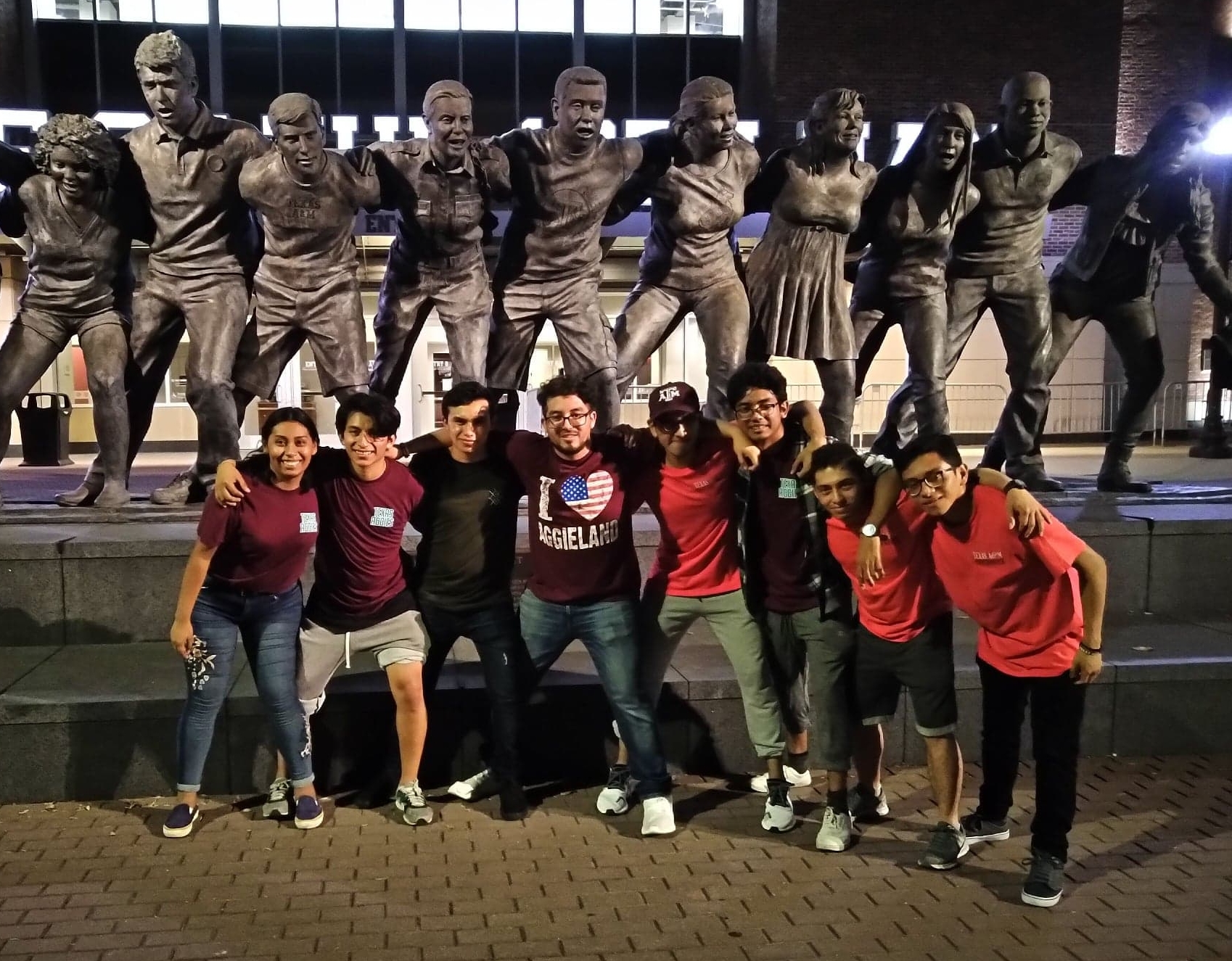
Follow Us